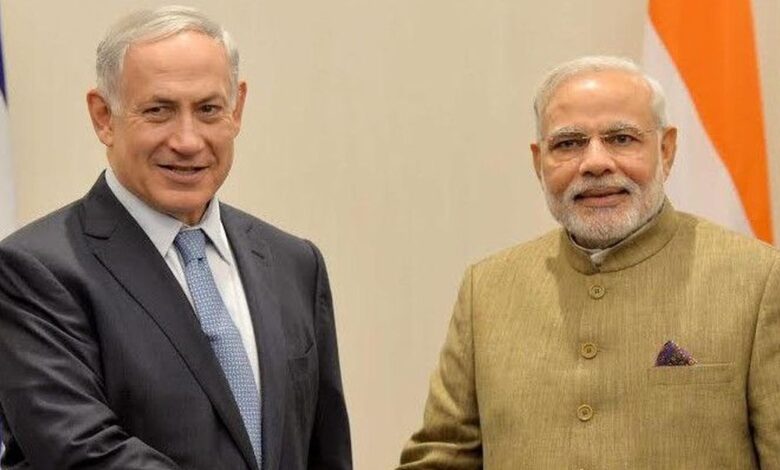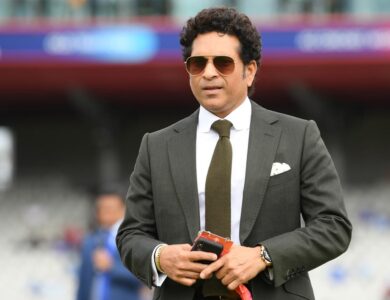
Indian Prime Minister Narendra Modi tried to rein in Israel and had a scathing telephone call on September 30, 2024, with Israeli Prime Minister Benjamin Netanyahu over the spiking tensions in West Asia, particularly after the army of Israel carried out actions that culminated in the killing of Hezbollah leader, Hasan Nasrallah.
In his statement following the call, PM Modi commented, “Terrorism has no space in our world. It’s necessary to prevent regional escalation and ensure the safe release of all hostages.” This is India’s commitment toward creating an environment of peace and stability in a region that has witnessed strife and violence.
Background to the Call
The new military developments in Lebanon and its broader implications for the Middle East resonate all the more with the current times when Modi was having his conversation with Netanyahu. Nasrallah is one of the prominent leaders in the Hezbollah organization whose assassination fuels and worsens the already high-tension situation in Lebanon. Such a leader would drag the rest of the countries into the fray. This would make Hezbollah, an openly anti-Israeli group, a capability to mobilize regional support, and, therefore, complicate the already very intricate geo-political balances.
India has traditionally, so far, taken a balanced approach toward the Middle East but has been confronted with the challenge of navigating its relationships with all the stakeholders in the region. Modi’s outreach to Netanyahu on this platform while highlighting India’s expansionist diplomatic relations with Israel specifically in defense and anti-terrorism policy also reflects the larger commitment of India toward making sure regional stability happens and, more importantly, the humanitarian concerns that emerge from ongoing conflict.
India as a Stakeholder in West Asian Peace Initiatives
India has, over the years, taken a position that it is a moderate power standing for peace and diplomatic engagement in the Middle East. And while making this conversation with Netanyahu, Modi reiterated that his country committed itself to efforts at the promotion of peace and stability. This is not some sort of rhetorical rhetoric; India has been involved in several forms of diplomatic initiatives and has been consistent in advocating dialogue as a means of resolving conflict.
Simultaneously, the attitude of the Indian government toward West Asia is also driven by its own historical experience with terrorism and violence, making the country relevant in the discussion over counter-terrorism strategies. Besides, it has a pertinent diaspora in the region, especially in the Gulf states, adding to the complexities of its foreign policy considerations.
Regional Stability Consequences
Undeniably, the ongoing war in West Asia is a formidable challenge not just to the countries directly involved in the region but also to global stability at large. The rise of radical formations and arms growth has the potential for the spreading of violence that may be wider than just the region itself. Modi’s conversation with Netanyahu reminds us how much the relationship between countries is getting interconnected today.
The task of preventing the regional escalation of the conflict cannot be limited to Israel and its neighbors only but also extended to world powers like India too. Modi was, thus, aligning with a larger international consensus by his call to Netanyahu in which dialogue and cooperation become inevitable steps for controlling conflicts.
Conclusion
In this regard, dialogue between leaders such as Modi and Netanyahu serve, therefore, as a critical barometer, while peace and stability in West Asia remain simmering. The commitment made by the Indian prime minister, Modi, to supporting efforts for conflict resolution demonstrates an intention on India’s part to be an active participant in promoting dialogue and understanding in the region.
However, because the road to peace is beset with stumbling blocks, and hope is where there is strategic partnership and diplomatic engagement by which terrorism and conflict yield to understanding and cooperation, the international community will need to continue to vigorously promote and support these efforts, a consequence that could be catastrophic for the entire world if this region collapses.




